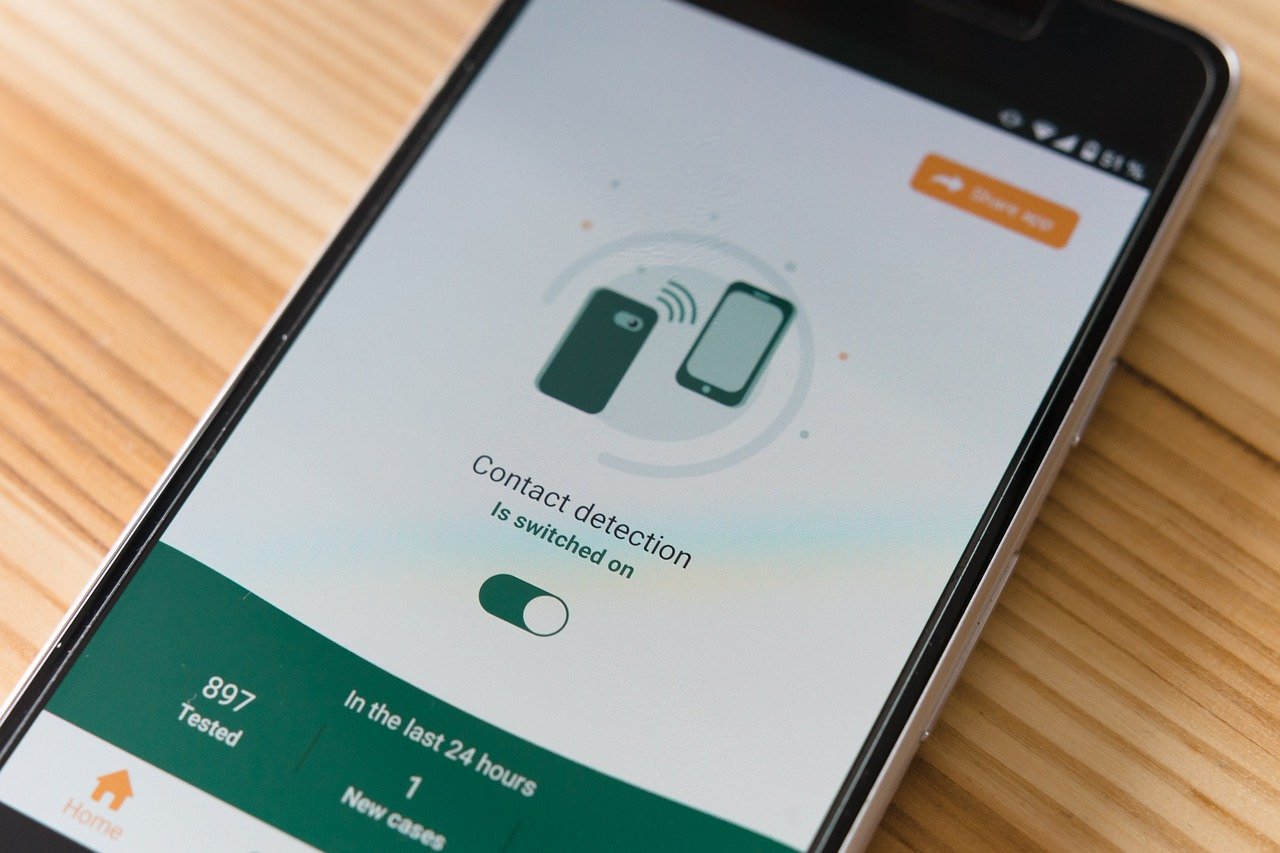
Changes to Covid-19 self-isolation rules will change from today (Monday) for people who are fully vaccinated.
Anyone who is fully vaccinated no longer needs to automatically self-isolate for 10 days if someone they have been in close contact with tests positive.
Instead, they should get a PCR test on day two and day eight of the 10 day period. People who are not fully vaccinated will still need to self-isolate for the 10 days.
This policy change on self-isolation applies to close contacts only. If you have COVID-19 symptoms, whether vaccinated or not, you should immediately book a PCR test and self-isolate until you get the result. If the PCR test is positive, you should keep self-isolating for the 10 day period.
The approach to self-isolation for close contacts who are health and social care workers remains as a stated in the letter issued on 23/07/2021 by the Chief Medical Officer Professor Sir Michael McBride:https://www.health-ni.
This approach is under active review, with an update planned in the coming days.
The decision to ease self-isolation rules for members of the public who are close contacts and fully vaccinated was taken by the NI Executive on Thursday.
Please note: some of the digital notifications relating to COVID-19 testing and contact tracing will not immediately reflect the new policy, and some may continue to advise all close contacts to self-isolate for a 10 day period.
These digital notifications – eg for the COVID-19 proximity app and PCR result messages – are in the process of being updated.
The up-to-date position on self-isolation for close contacts is as stated here and on NI Direct.
Q&A
What does fully vaccinated mean?
You are fully vaccinated if it is more than 14 days since you received the second dose of an MHRA approved COVID-19 vaccine; or if you are taking part in, or have taken part in, an approved MHRA clinical trial for a coronavirus vaccine.
When does the 10-day self-isolation period begin?
The 10 day period begins from the onset of symptoms. For those who have no symptoms but test positive, it begins when the PCR test was taken.
What about children who are close contacts of a person who tests positive?
Young people aged 5 to 17 who are not fully vaccinated and are identified as a close contact should self-isolate and book a PCR test. If the PCR test result is negative they can end their self-isolation.
Should they develop symptoms they should self-isolate until they have a result from their PCR test. If the PCR test is positive, they should complete a full 10 days of self-isolation. If the PCR test is negative, they can stop isolating.
Children under the age under the age of 5 who are close contacts will be encouraged but not required to take a PCR test. They will not be expected to self-isolate, unless a PCR comes back positive or they develop symptoms.
Guidance will be developed regarding close contacts in school settings, to ensure children in the same year groups are treated the same.
If I have started self isolation before 16 August do I still need to complete?
In line with the new policy, you can cease self isolating on 16 August – but only if you are fully vaccinated. You should have a PCR test on day 2 (if applicable) and day 8 of the 10 day self isolation period.
What do the rapid lateral flow tests fit into this?
Lateral Flow tests produce results quickly. They have an important role in detecting cases where people have no symptoms. You may have access to these rapid tests through your workplace; or by ordering them free online.
If your lateral flow test is positive, you should self-isolate and book a PCR test.
PCRs are the most accurate tests and must be used to (i) confirm a positive Lateral Flow test; (ii) if you have COVID symptoms; and (iii) if you have been identified as a close contact.
If you are fully vaccinated, can you forget about COVID precautions?
The COVID-19 vaccines significantly reduce our chances of catching and spreading the virus. Crucially, vaccination cuts our risk of getting seriously ill or dying from COVID-19 by around 95%.
But they do not make us invincible. No vaccine in history has ever been 100% effective 100% of the time.
So anyone who is fully vaccinated should still take care not to catch or pass on COVID. Keep following public health advice and be aware of key risks – like crowded indoor settings with poor ventilation.
If you are fully vaccinated and a close contact tests positive, you should not visit hospitals or care homes for 10 days. You should also minimize contact for 10 days with individuals known to be at higher risk from COVID-19, eg those who are in the Clinically Extremely Vulnerable (CEV) group.





